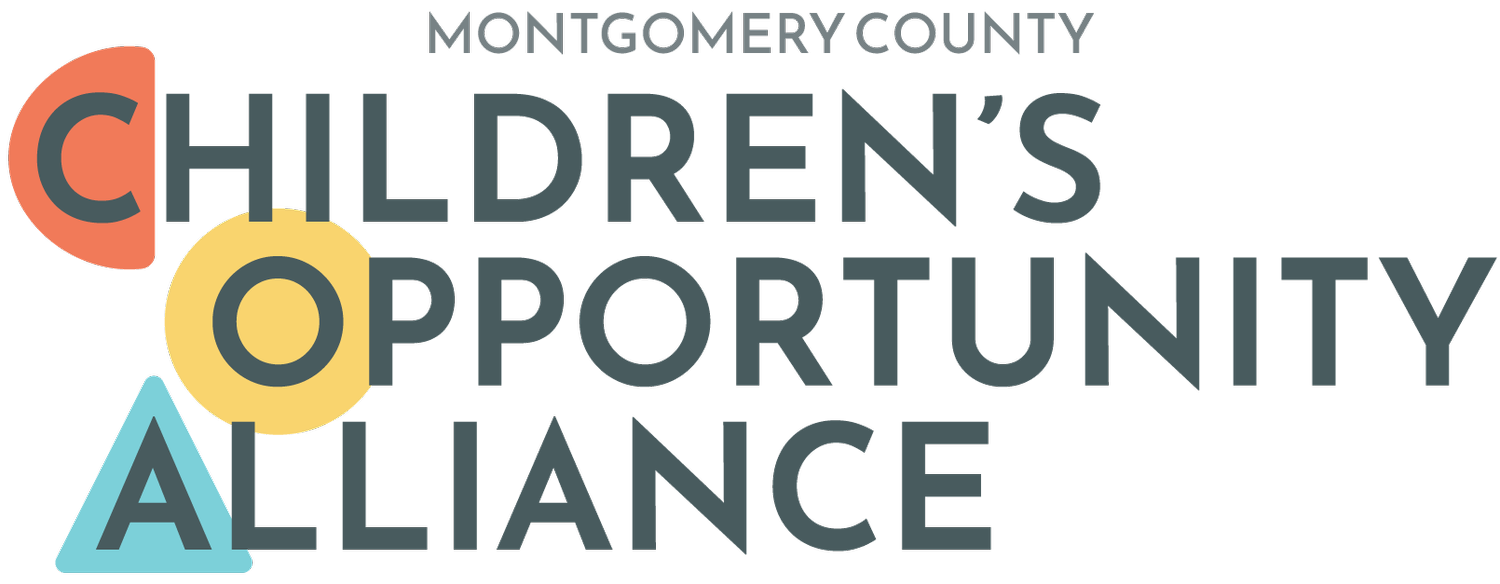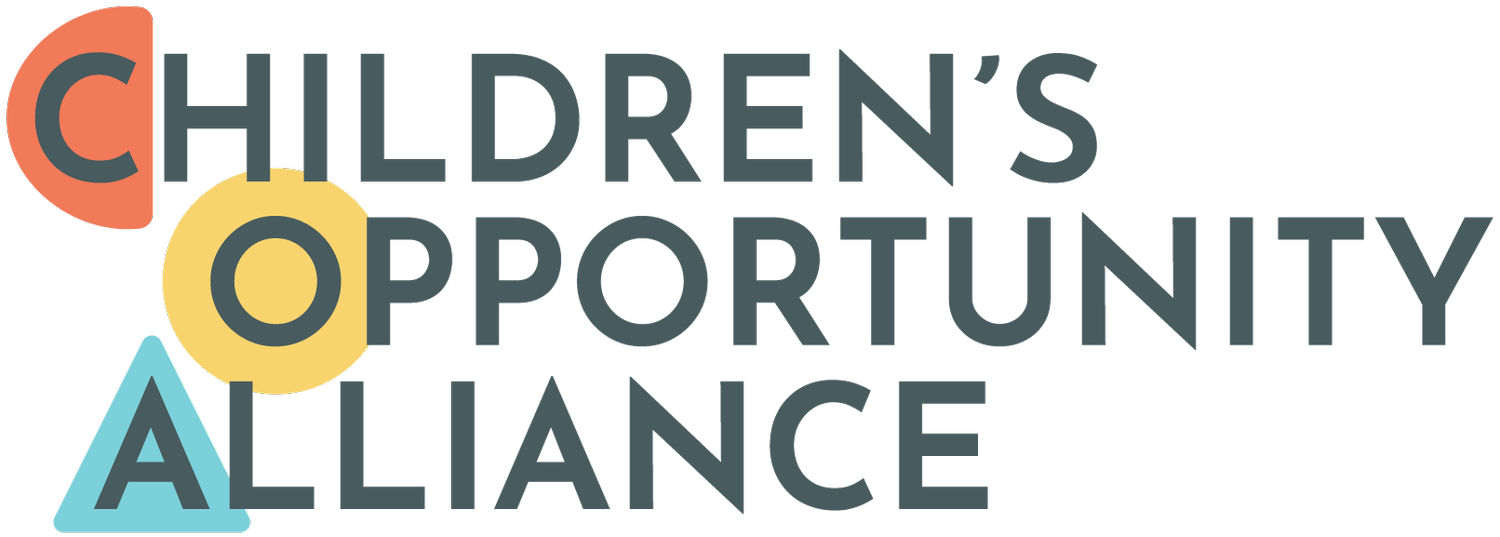The Sandbox: Five Questions with Author Dan Wuori
APRIL 2025
The Alliance is excited to welcome Dan Wuori to The Sandbox! Dan is the author of The Daycare Myth: What We Get Wrong About Early Care and Education (and What We Should Do About It). He is the founder and president of Early Childhood Policy Solutions, a public policy consultancy focused on the needs of America's young children and their families. He is also a former kindergarten teacher, school district administrator, and former director of South Carolina First Steps, a comprehensive state initiative to support early childhood education. We sat down to chat about the current state of early care and education ahead of an in-person conversation on Monday, April 28.
Kimberly Rusnak: What is the concept of “the daycare myth”?
Dan Wuori: “The daycare myth” explores the disconnect between what we know (from the science of early development) and how this knowledge is reflected – or, perhaps more accurately, not reflected – in our public policy. The myth relates to the fact that, for the better part of 100 years, we as Americans have configured both our thinking and public policy around the idea that early childhood settings are something “less” than school, that young children (ages 0-5) require primarily caregiving (enabling their parents to participate in the workforce), while older children (kindergarten and up) become involved in learning. We know with certainty, however, that important forms of learning begin prenatally, before children ever enter the world – and this should have huge ramifications on how we view early childhood settings, and how we respect, train, and compensate the early childhood workforce. These are the adults we as parents entrust to co-construct our children’s brains.
The Daycare Myth makes the case that it’s time we revisit our widely held assumptions and take bold action on behalf of both children and taxpayers – who are currently saddled for decades to come with the exploding cost of our failure to get the early years right.
Kimberly Rusnak: What led you to write this book? What in your professional and lived experience inspired it?
Dan Wuori: Working at the intersection of child development and policy has led me to a growing belief that we have created – despite our best intentions – a sort of bizarro world for children in which their needs are systematically rejected in favor of parental labor participation. My concern is not necessarily with the workforce part of the equation (which is an important goal unto itself), but with our failure to ensure the developmental needs of children, the results of which are far more detrimental and costly to society than the (far smaller) cost of getting things right in the first place. The result is a system that requires higher costs in our education, health, and criminal justice systems and increased reliance in adulthood on social welfare programs.
There’s a responsible, bipartisan way to address this challenge. And it’s not drastic cuts. It’s prevention. I’ve worked for years across party lines to help develop thoughtful early childhood policy. And I’m convinced there is a bipartisan path forward for children and families that safeguards the interests of taxpayers.
Kimberly Rusnak: You write that early childhood supports should be recognized as a public good. How do we shift the narrative and address the crisis of understanding in our community?
Dan Wuori: First, we recognize that there is no such thing as a strictly “caregiving” environment. Daycare as we’ve conceptualized it – as separate and distinct from education – simply doesn’t exist. The science of early development demonstrates that all environments for young children are learning environments. Unfortunately, only some of our learning environments are of the quality for children to thrive. And it’s something we urgently need to address.
Once you understand the urgency of optimizing early brain development, the problem becomes clear. You realize how badly we are failing children and families; how badly we are failing the early childhood workforce; and how badly we are failing taxpayers as a result. In the same way we recognize K-12 education as a public good, it’s time we did the same for young children during the most formative years of their lives. Not only because the child care market is broken, but because it’s the right thing to do: both fiscally and morally.
Kimberly Rusnak: Why is it important to invest in the early care and education workforce, and what types of support and resources are most needed to strengthen it?
Dan Wuori: The nurture provided by the early childhood workforce bolsters the long-term mental health of the children they serve. The language they provide is the foundation for early literacy. The responsive interactions they provide wire the brains of young children in ways that will (ideally) lay the foundation for the success of children in both school and life. They provide transformative services during humankind’s most critical window of development.
And yet they earn, on average, $13.22 an hour. [The median wage in Montgomery County is $14.17 per hour.] The result is a workforce crisis in which 40% of teachers leave the field annually, providing a revolving door of underpaid and less experienced teachers during precisely the time that young children most need stable, nurturing relationships with highly engaged (and well-prepared) adults. The long-term cost is, again, virtually incalculable. But it’s not reasonable to suggest we can address training until we address the field’s unconscionable rates of compensation. It’s a system in which the affordability of care is literally subsidized on the backs of a virtually all-female workforce.
Kimberly Rusnak: If you had one piece of advice for local leaders to enact change in early care and education, what would it be?
Dan Wuori: My advice would be to educate yourself – and your state and federal representatives – regarding both the short- and long-term costs of our current approach. While the nation requires a transformative investment in early childhood, the good news is we’re already paying the cost – we’re just investing these dollars in some of the worst possible ways. We’re seemingly content to pay for worse health and education outcomes. We’re content to pay for prisons. We’re content to allow our social welfare rolls to swell in ways that research suggests we could realistically prevent with investment during the most formative years. It’s time we stop paying for the results of our mistakes and address these challenges at their roots. It’s a bipartisan approach we could all be proud of.
Dan Wuori will join local leaders at the White Oak Recreation Center on April 28 at 6PM for a discussion on the importance of investing in early care and education. The conversation will be moderated by Demetria Joyce, Director, Early Childhood Strategy Implementation for the Bainum Family Foundation. The event is free, and copies of The Daycare Myth will be available for purchase. Child care and language translation will be available at this event, if requested during registration. We hope to see you there!

